Working Well in the Age of Time Confetti
Wellness and work are often framed as an either/or proposition.
You can lean into working hard at the expense of your wellbeing, personal life, and time.
Or
You can set healthy boundaries at the expense of your team, employer, and career.
Naturally, neither sounds all that great. It’s a good thing that, realistically, both wellness and work have to work together. It’s simply a question of how.
The answer is a bit less simple.
Have you heard of “time confetti"?
Perhaps not - but I can almost guarantee that you have experienced it. Coined by Brigid Schulte, the term captures how scattered we often feel these days, largely thanks to how we use tech.
With smartphones, laptops, and a premium on productivity, our “downtime” has never been less relaxing.
And our “uptime” has never been more rife with procrastination opportunities and conditions that make deep focus especially challenging.
A quick time-confetti check-up:
Do you ever mindlessly pick up your phone and, half-way into a scroll of your third app, realize that you’d only intended to check the weather?
Do you ever stop working for the day, but find yourself looking at your inbox with one eye, while watching a TV show with the other? Perhaps even firing off a few replies? (And if not, maybe feeling a vague sense of dread or guilt for not having done so? And also kind of guilty for not paying attention to the TV show?)
Do you ever say goodnight, get ready to sleep, then find yourself skimming Instagram before you actually switch off for the night?
And that’s just at home. Let’s talk about time confetti at work:
Do you have a sense of your day’s priorities, then get derailed by a series of Slack messages or inbox notifications that aren’t all that important, but have piqued a feeling of urgency?
Do you begin a task that requires deep focus, but soon find yourself multitasking nonetheless?
Do you frequently look at your phone during meetings out of a sense of habit rather than actual need?
It’s a little bit painful to ponder, isn’t it? Our devices are designed to hold our attention.
They are damn good at it.
So how can we enjoy downtime that’s more separated from work-time? And work-time that’s more productive and focused? (By that, I don’t mean working through breaks and being “always on”. Rather, I mean being able to work with minimal distractions and producing better, more fulfilling work as a result - and taking breaks along the way.)
Much like wellness and work, tackling time confetti in our downtime and uptime have to go together.
We help clients navigate this all the time. A few pointers to get you started:
Our wellness is influenced and shaped by circumstances, culture, and more. And we are only in control of ourselves. Recognizing these two things is table-stakes for not feeling overwhelmed all the time. (A little break from the news can also be helpful, from time to time.)
Consider your nonnegotiables, energizers, and stressors. What personal things do you most value making time for? Protect those as best you can - they are your nonnegotiables. When you miss them, you will grow resentful and feel more stressed out. What types of work activities are most engaging/energizing to you? As far as you can, try to build these into your workweek. Perhaps follow a more depleting task with one that energizes you. What activities/conditions most stress you? Naturally, do your best to limit these, get support, and/or build in some recharge time afterwards.
With your team, consider: how you communicate about workload, how you can better support/empower one another, and what individuals’ work and presence contribute to the team.
We also have a raft of time and productivity tools to make your work-life more manageable and help you work well. But this is already turning into a laundry list, so…
Reach out to learn more. And know that burnout and overwhelm should always be temporary.
Ellie Hearne helps leaders bring strategy and culture together. As founder of Pencil or Ink, she has worked with dozens of industry-leading companies, one or two government agencies, and a handful of non-profits. She teaches part-time on the Oxford Strategic Innovation Program and is Treasurer of the University of St Andrews American Foundation. Ellie has been quoted in The New York Times and the Irish Times on workplace communications and in Business Insider and Nasdaq on entrepreneurship. She is also a parent, a dog person, and a half-hearted runner. “Time Confetti” may as well be her middle name.

